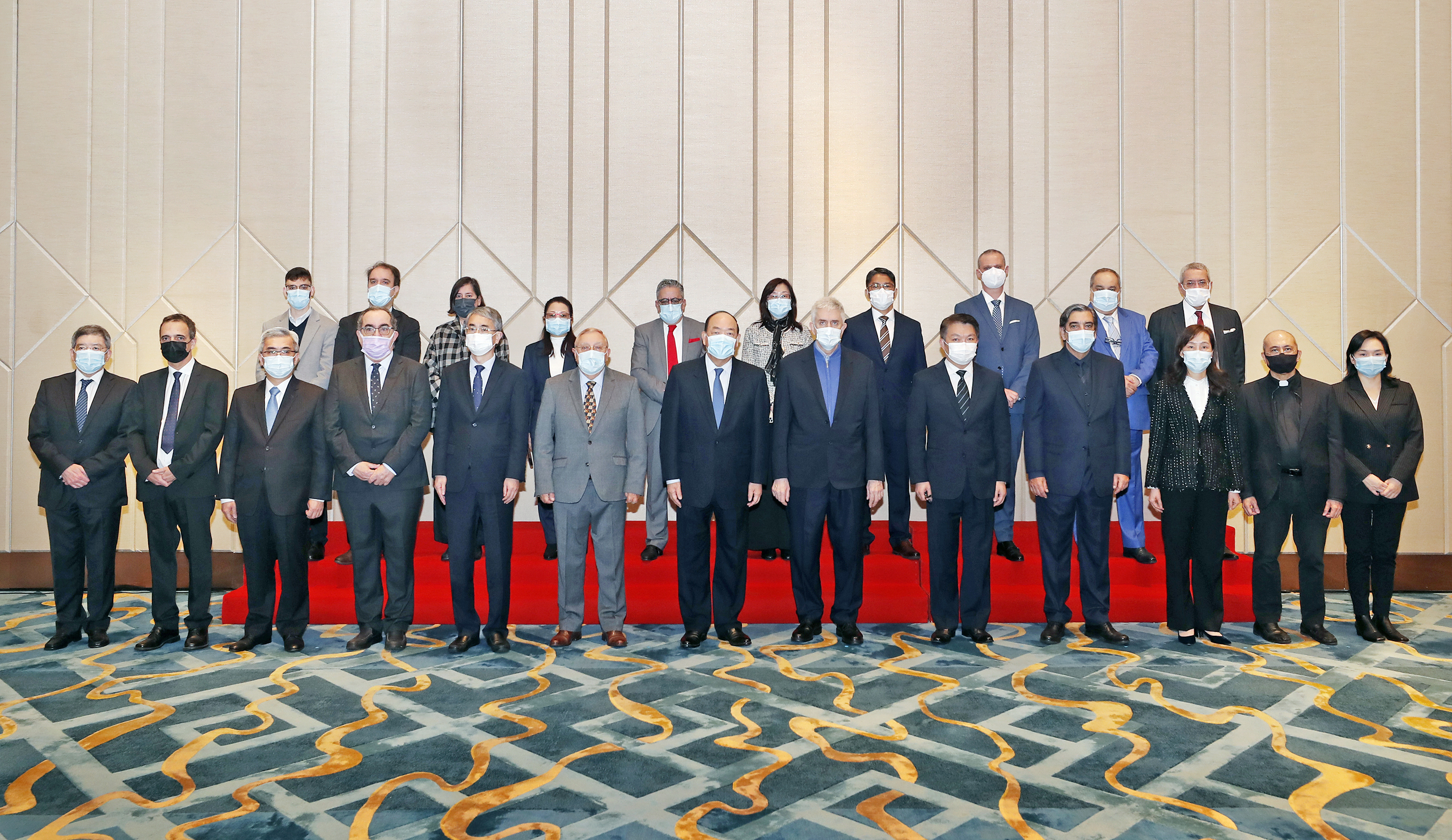Local lawmakers are concerned that the government wants to ban singles and gays from benefitting from assisted reproductive technology (ART), lawmaker-cum-restaurateur Andrew Chan Chak Mo, who heads the Legislative Assembly’s (AL) 2nd Standing Committee, told reporters yesterday.
Chan made the remarks after chairing a closed-door meeting of the committee yesterday, which is reviewing in detail a government-initiated bill regulating ART services, aiming to allow childless couples to use ART but subject to a string of strict rules.
The bill proposes that ART beneficiaries must be married couples of different genders or couples in domestic partnerships of different genders as well, who must also be at least 18 years old and who do not suffer from a mental disorder.
Chan quoted some committee members as saying that they would like the government to be “more open”, as some said that Portuguese law allows single people and same-sex married couples to use ART.
Meanwhile, Chan also quoted some committee members as saying that Chinese society is relatively conservative, and therefore they understood that the government has taken into account the results of a public consultation on the bill and neighbouring jurisdictions’ respective laws.
Chan also said that some committee members asked the government to clarify the legislative intent as to why ART was limited to the ages between 18 and the maximum childbearing age, and also to clarify whether childbearing age meant up to 49 years old.
A woman of childbearing age is broadly understood to be a female age between 15 and 49.
According to the bill, a woman may not use the semen of a deceased person for fertilisation, which is stored for fear of infertility before the death of her husband or her domestic partner, even if consent was given to the act of fertilisation, while if the male dies within the period of preservation of the semen, the semen shall be destroyed.
However, the bill allows embryo transfer for the purpose of carrying out a fertility plan that was clearly established in writing before the death of the husband or the domestic partner, but not more than 12 months after the death of the male.
Some members expressed concern about the different treatment of semen and embryos after the death of a male and the government’s view on why the use of semen from a deceased husband would not be allowed.
Chan said that the legislature’s legal consultants also mentioned during yesterday’s meeting that the bill had to take into account the rights of the baby to be born with the help of ART, including their inheritance and whether there would be no father after birth.
Lawmaker-cum-restaurateur Andrew Chan Chak Mo (right), who chairs the legislature’s 2nd Standing Committee, talks to reporters after the committee’s closed-door meeting yesterday reviewing a government-initiated bill regulating ART services, as the committee’s secretary, Lam Lon Wai, looks on. – Photo: Ginnie Liang








